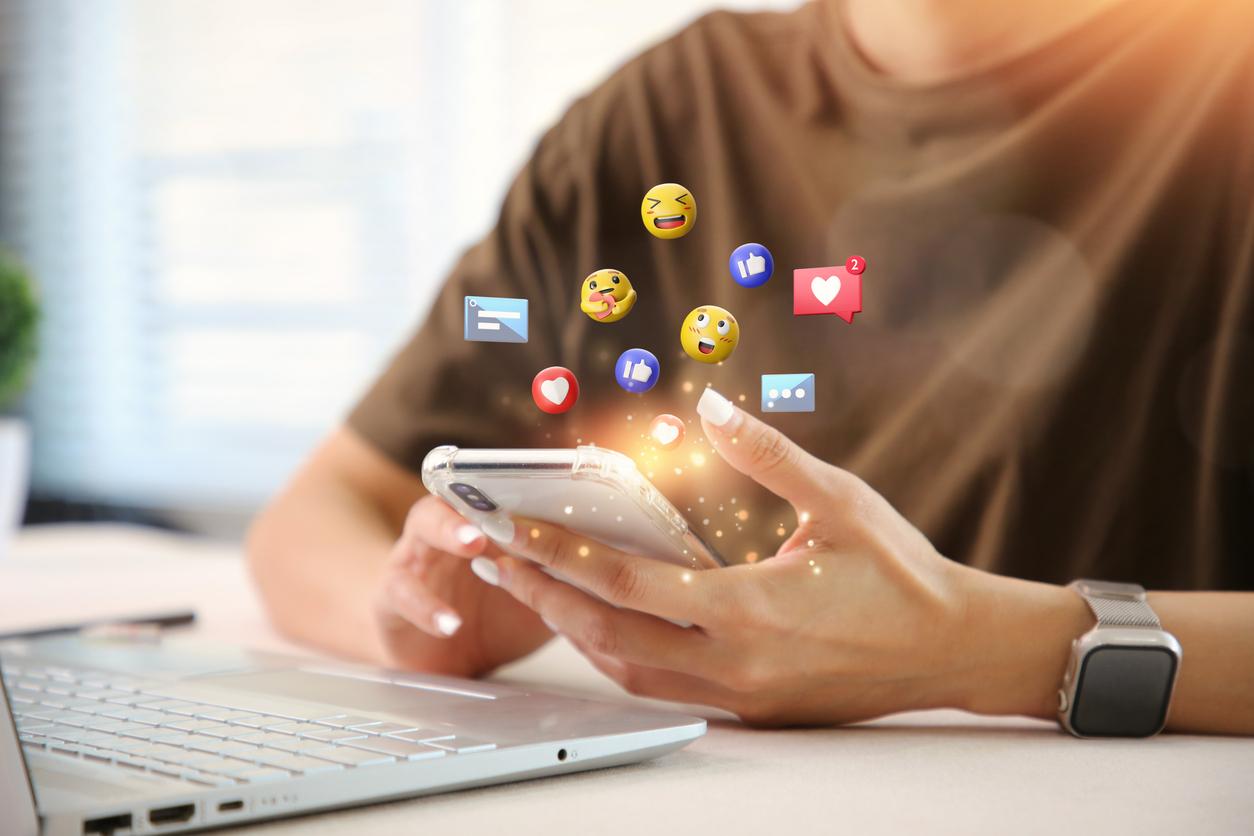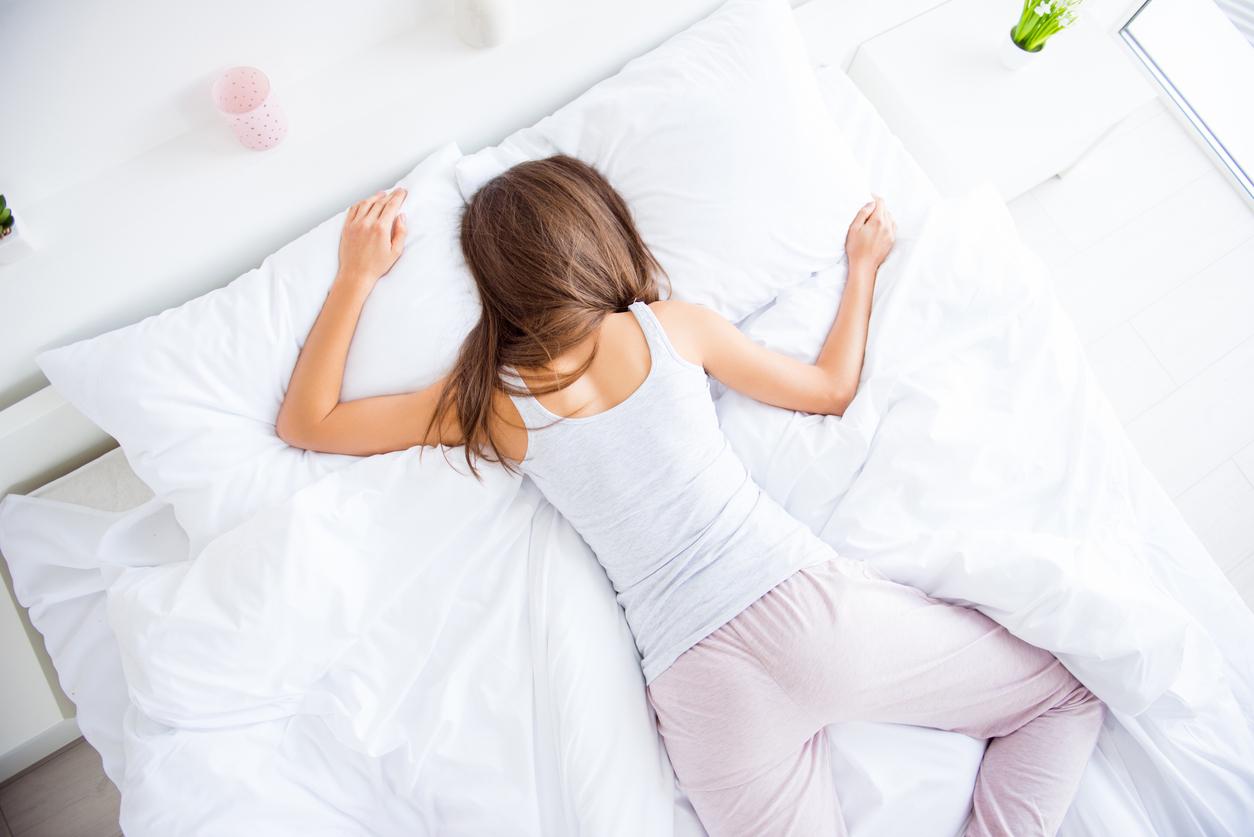The more time we spend on social media, the more likely we are to have nightmares that cause distress, disrupt sleep and affect our peace of mind.

- In a recent study, researchers introduced the concept of “social media nightmares,” which involve themes of helplessness, loss of control, and victimization.
- People who use social media more on a daily basis are more likely to have these bad dreams.
- These nightmares are associated with mental health problems, such as anxiety, depression, reduced peace of mind and poor sleep quality.
Scrolling, posting photos, viewing other people’s stories… During the course of a day, we regularly visit Instagram, Twitter or Tiktok. Recently, Australian, American, Iranian and Hungarian researchers have shown that the use of these platforms can influence various aspects of life. “Their impact extends beyond waking hours and can influence our dreams,” said Reza Shabahang from Flinders University (Australia). To reach this conclusion, they conducted a study, the results of which were published in the journal BMC Psychology.
The “Social Media Nightmare-Related Scale (SMNS)”, a new scale
As part of the research, the team introduced the concept of “social media nightmares.” This is a new type of bad dream that stems from stress and anxiety related to our online experiences. These nightmares often revolve around themes of cyberbullying, helplessness, online hate, and loss of control. To conduct their research, the scientists recruited 595 Iranian adults. The participants were asked to answer questions about social media nightmares, how often they use social media, anxiety, peace of mind, sleep quality, and distress caused by bad dreams. To quantify how platforms might contribute to the occurrence of nightmares, the authors developed a new scale, the “Social Media Nightmare-Related Scale (SMNS).”
Social media nightmares lead to emotional distress and sleep disturbances
According to the results, the most common nightmares were about being unable to connect to social media and disrupting relationships with other users. The intensity of platform use predicted the frequency of social media nightmares. The researchers found that these nightmares were correlated with increased anxiety, decreased peace of mind, poor sleep quality, and nightmare distress.
“With the advancement of technology and media, including artificial intelligence (AI) and virtual reality, as well as the increasing reliance on and integration of these technologies, it is expected that dreams related to technological and media content will become more frequent. (…) To mitigate the occurrence of nightmares related to social networks, we recommend adopting a responsible and conscious use of the platforms,” concluded Reza Shabahang.















